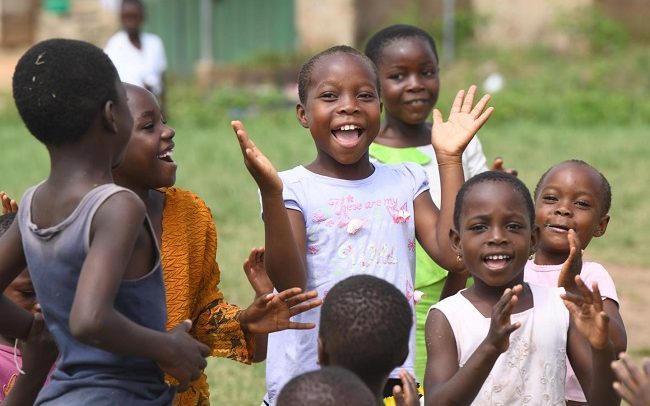The government has been urged to increase its investment in malnutrition programmes in order to sustain the progress towards reducing stunting among Ghanaian children.
According to new studies, the biggest challenge to tackling childhood malnutrition in Ghana is inadequate government direct investment in nutrition programming.
“Unless more investment is made and coordination is improved, progress toward reaching 2025 targets will stall or risk becoming even more off track,” a release by UNICEF on the study, stated.
According to the ongoing studies, ‘Landscape Analysis of Nutrition Enabling Environment in Ghana and Nutrition Mapping: Report on Multi-Sectoral Planning and Coordination for Nutrition in Ghana,’ currently, Ghana has no system for tracking nutrition expenditure.
It said while some of the government’s policies have strong potential to enhance nutrition outcomes across the lifecycle, there needs to be better coordination to meet its national nutrition goals.
Experts reiterated that Ghana is set to achieve the 2025 World Health Assembly targets in the reduction of the number of children under five who are stunted (low height for age), the reduction of anaemia in women of reproductive age, as well as lowering the number children who are overweight.
However, the country will not reach its target of reducing the number of children with low birthweight and is also in danger of not meeting the target to reduce childhood wasting (low weight for height).
The learning event served as a platform for national dialogue to help stakeholders agree on recommendations on how to enhance multi-sectoral coordination to achieve sustainable food and nutrition security impact for the country.
The discussions were also shaped by the experiences of Japan in their efforts to strengthen multi-sectoral nutrition funding, coordination, leadership, and governance.
The National Development Planning Commission (NDPC) in collaboration with United States, through the United States Agency for International Development (USAID) Advancing Nutrition Ghana activity, and the United Nations Children’s Fund (UNICEF) have commissioned these two studies of which preliminary findings were released today at a learning event to validate the findings.
The NDPC and its partners will integrate the outcome of the discussions into a roadmap and a Food and Nutrition Security Toolkit for strengthening governance and multi-sectoral coordination of food and nutrition security in Ghana.
By Jamila Akweley Okertchiri


